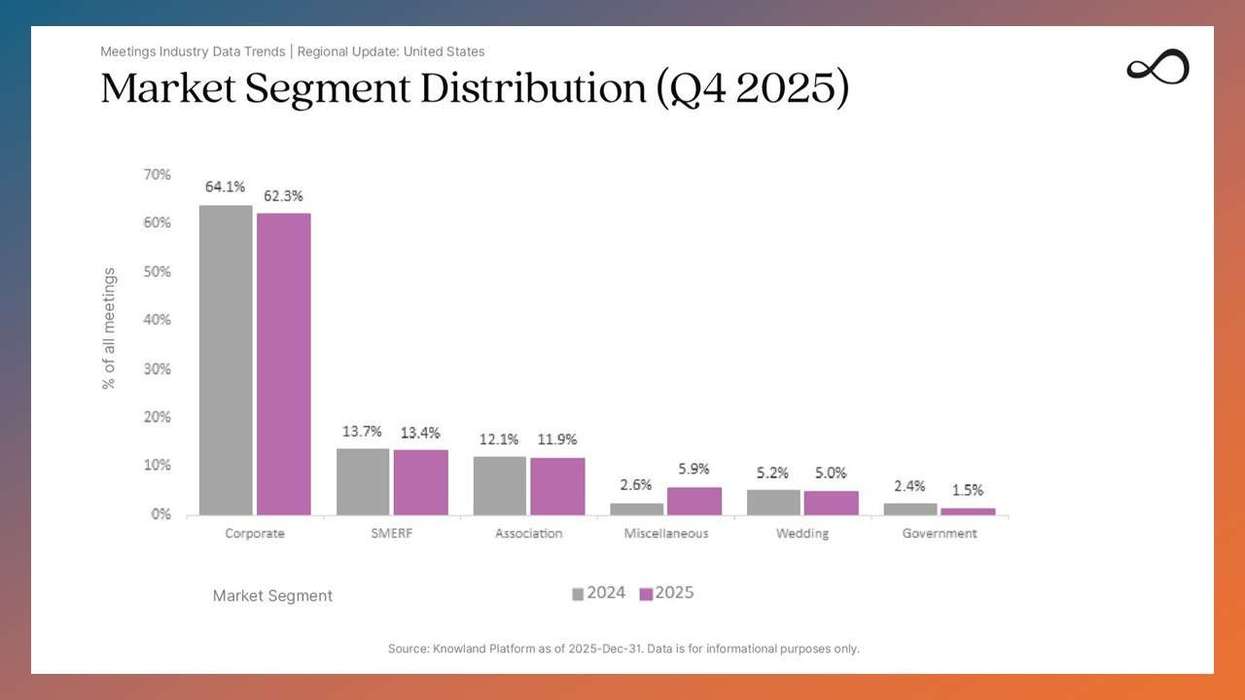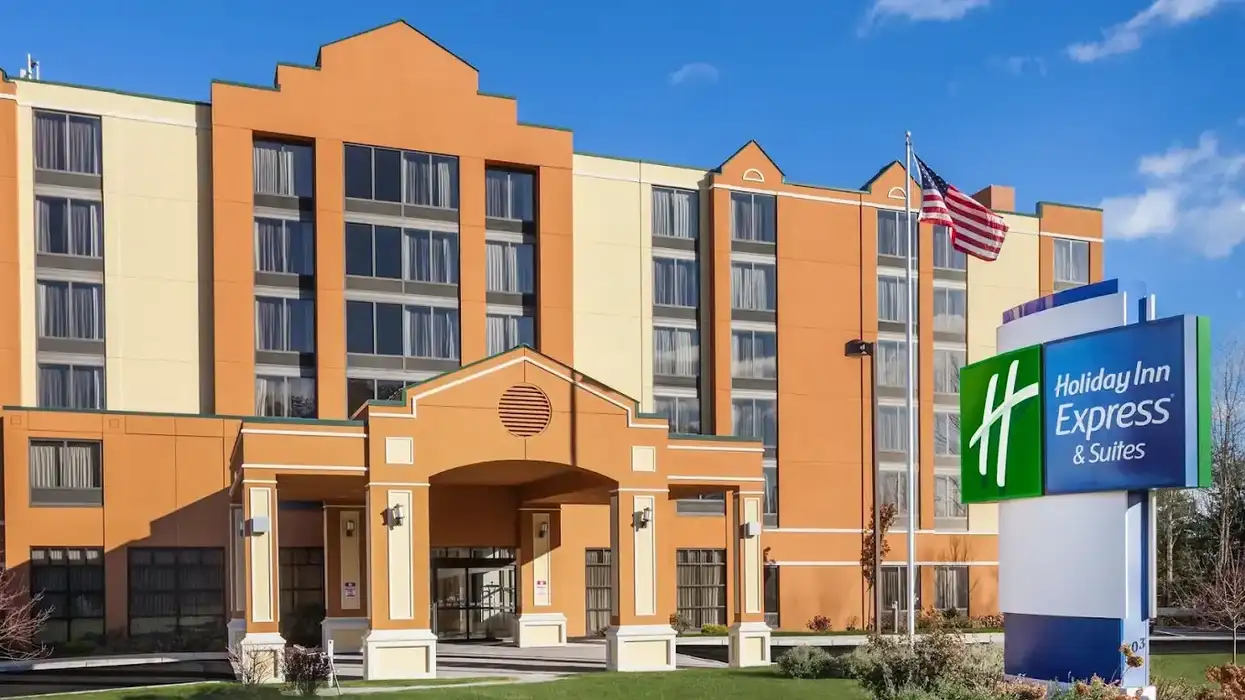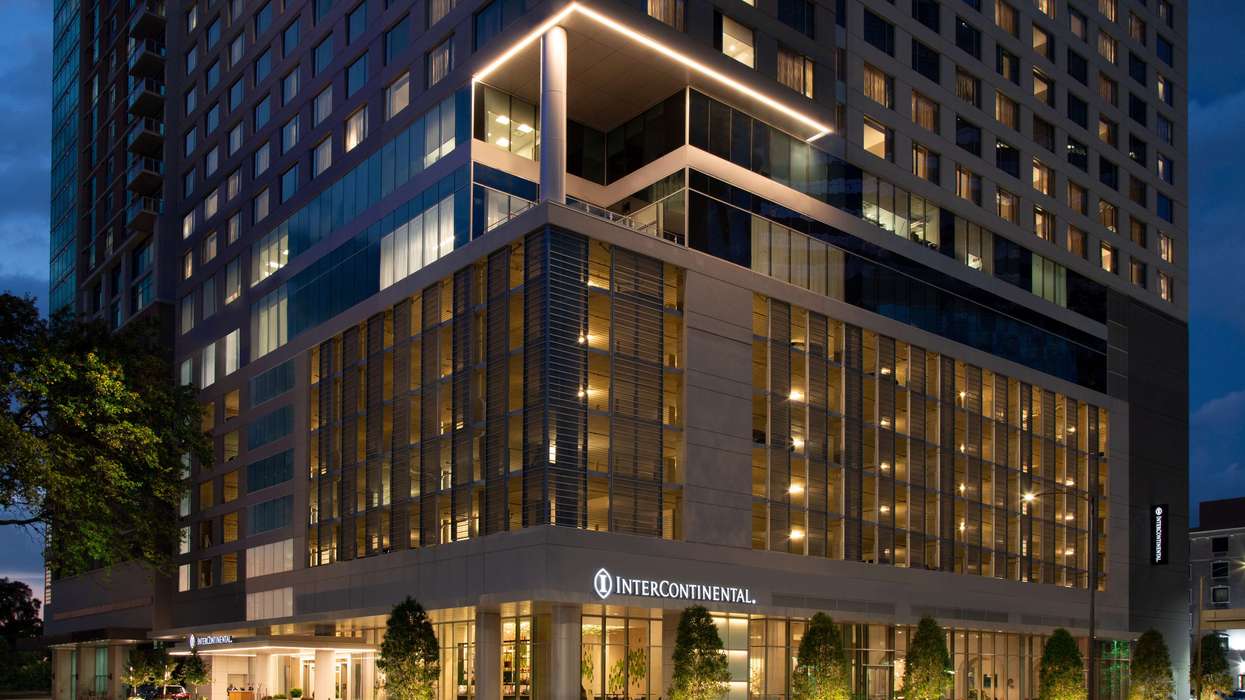MOST AMERICANS ARE willing to allow more of their tax dollars to go to economic stimulus programs that help businesses, including hotels, affected by the COVID-19 pandemic, according to a poll commissioned by the American Hotel & Lodging Association. They also favor the creation of a tax credit to encourage travelers.
The AHLA survey, conducted by Morning Consult, found that 70 percent of respondents favor more stimulus like the Coronavirus Aid, Relief, & Economic Security Act. Also, 61 percent approve of the creation of a new, temporary federal travel tax credit to encourage people to travel and 57 percent favor restoring the business entertainment expense deduction. Another 63 percent supported support efforts by the federal government to require banks to offer debt relief or forbearance on commercial hotel mortgages.
At the same time, only 18 percent have traveled since March.
“As communities reopen, we are encouraged to see people begin to travel and some hotel jobs return, but make no mistake, most hotels are still trying to survive,” said Chip Rogers, AHLA’s president and CEO. “We need Congress to continue to prioritize the industries and employees most affected by the crisis, so we can retain and rehire the people who power our industry, our communities and our economy.”
A new tax credit to encourage travel would likely help other parts of the economy beside hotels, Rogers said, including restaurants and retail stores that rely on business from travelers.
“By nearly a three to one margin, Americans support these measures to help incentivize domestic travel and aid hotels and other struggling businesses and their employees trying to survive this crisis. Whether you live in a major city, beach resort area or small town off the interstate, hotels are often the anchor to supporting jobs, economic activity and tax revenue for localities across the country,” said Rogers.
Prior to the pandemic, hotels supported one in 25 American jobs, 8.3 million total, and contributed $40 billion in direct state and local tax revenue in 2018. However, because of the sharp drop in travel demand from COVID-19, eight in ten hotels had to lay off or furlough workers. State and local tax revenue from hotel operations are estimated to drop by $16.8 billion in 2020, according to a new report by Oxford Economics released by AHLA.
“The hotel industry was the first impacted by the pandemic and will be one of the last to recover. We are a major economic driver, supporting millions of jobs and generating billions in tax revenue. Getting our economy back on track starts with supporting the hotel industry and helping them regain their footing,” said Rogers.
Vimal Patel, President of Qhotels Management, said previously that more federal stimulus will be needed soon. However, Congress is still debating bills, including the he ‘‘Health and Economic Recovery Omnibus Emergency Solutions Act”





